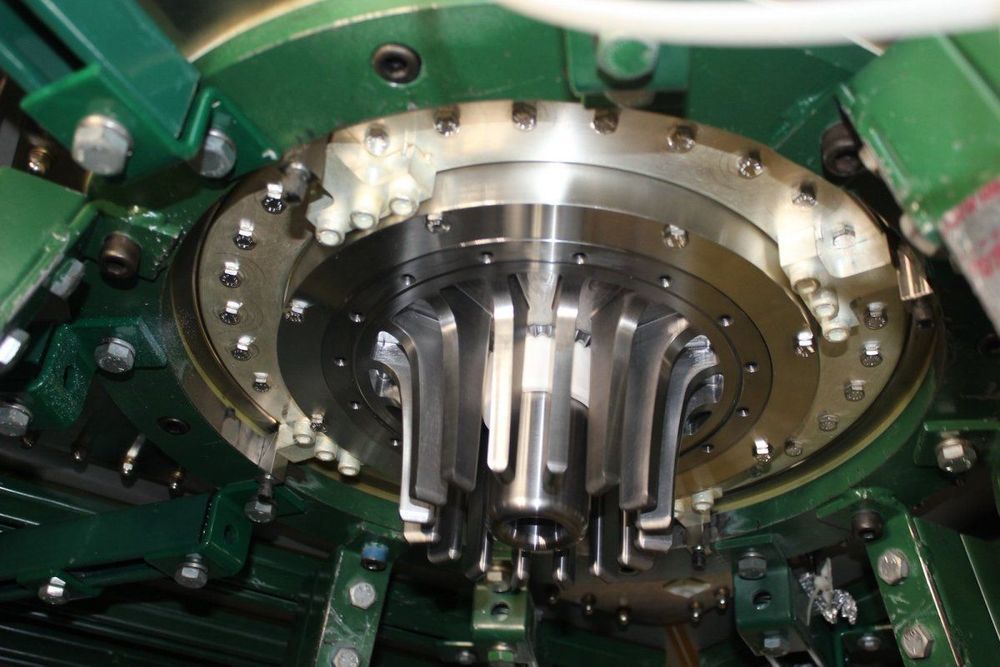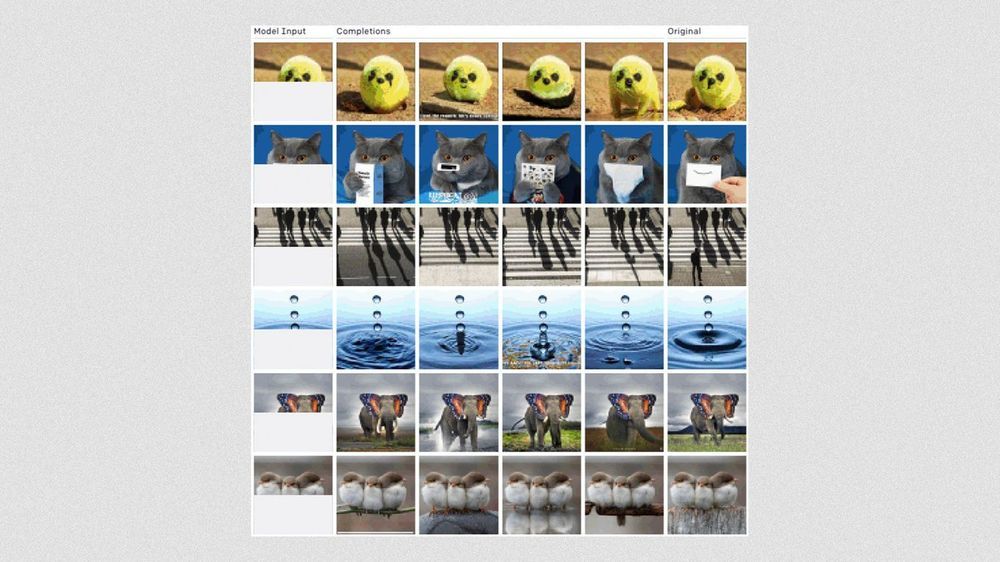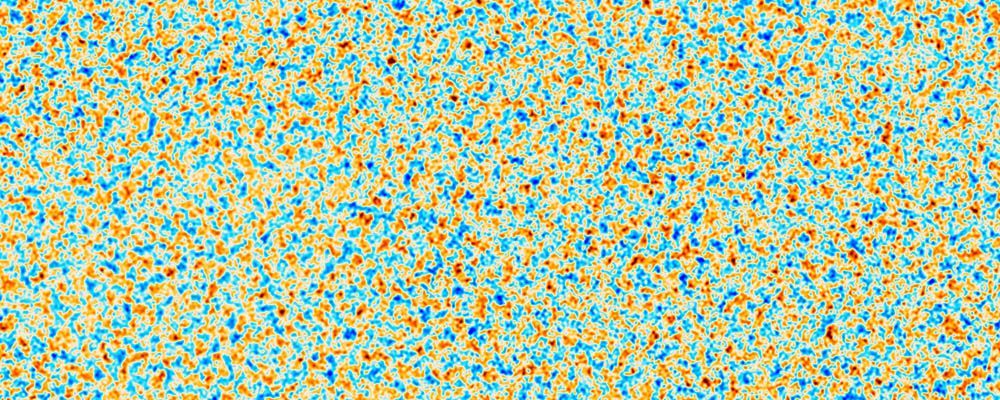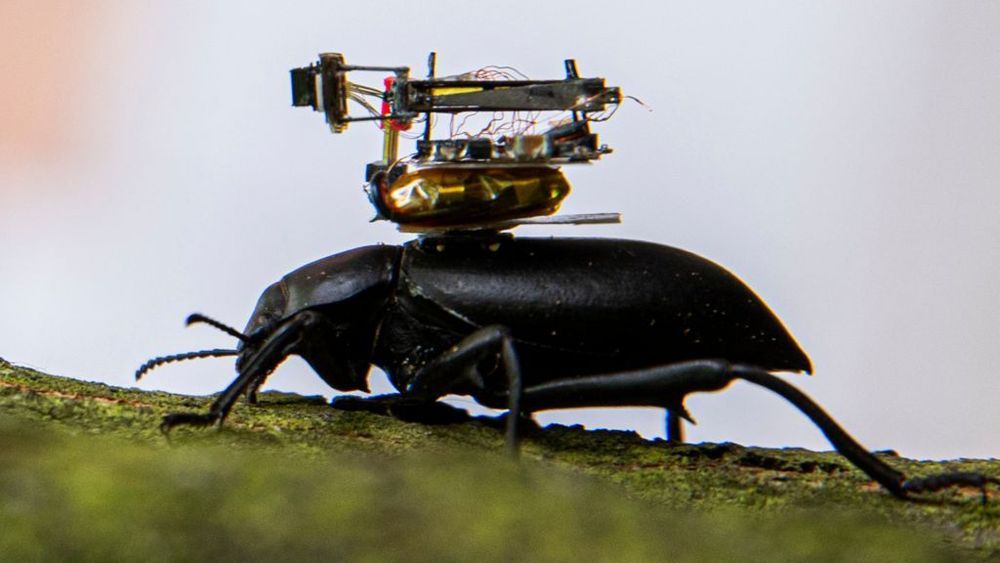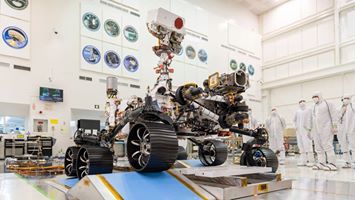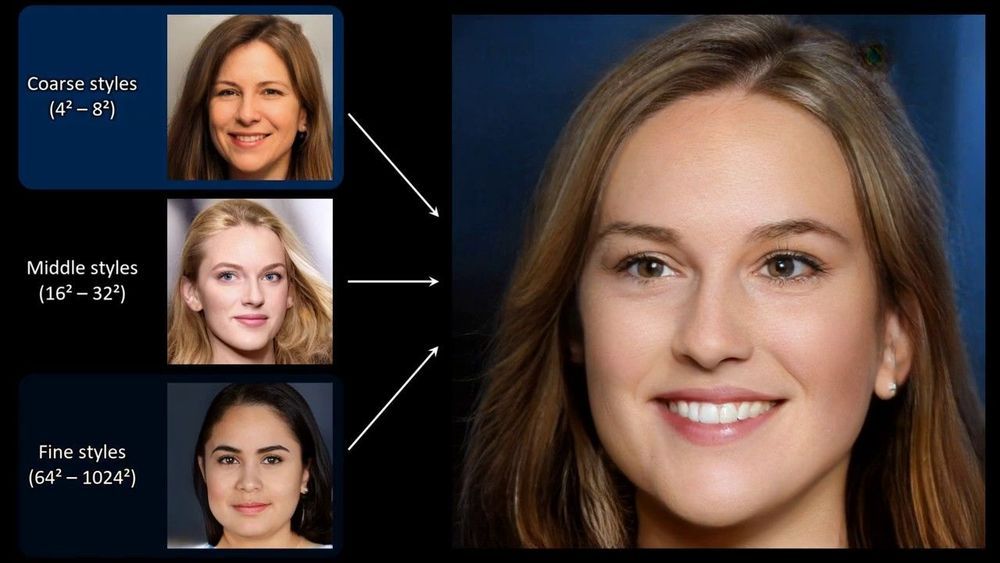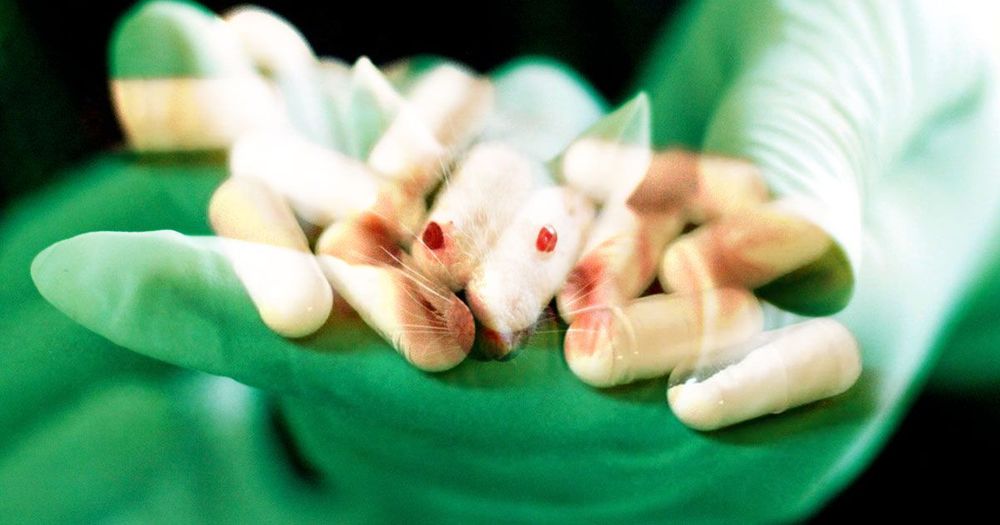Jul 18, 2020
A cheaper, faster way to nuclear fusion
Posted by Quinn Sena in categories: nuclear energy, particle physics
This is the third in a series. Read part 1 here and part 2 here.
One of the most notable features of Eric Lerner’s approach to fusion using the Dense Plasma Focus (DPF), presented in Part 1 and Part 2 of this series, lies in the possibility of using hydrogen and boron as a fuel. This property is shared by the hydrogen-boron laser fusion reactor, which I discussed in a previous series of articles in Asia Times.
Among other things, the fusion reaction between nuclei of hydrogen and boron is aneutronic: no neutrons are produced, but only charged alpha particles. This gives the DPF enormous potential advantages over the mainline fusion technologies, which are all designed to employ a mixture of the hydrogen isotopes deuterium (D) and tritium (T) as their fuel.
